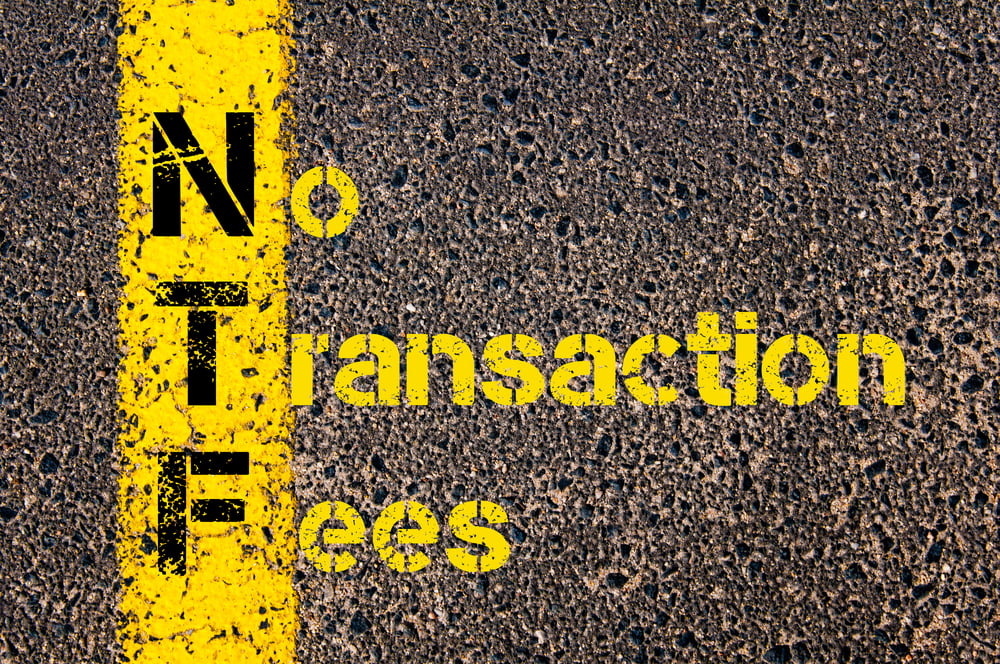Most people will readily agree that cryptocurrencies are quite exciting. They can yield good profits, allow for global transactions, and let anyone control his or her own money without too many issues. However, these currencies are not perfect either, as scalability is typically a big problem. This is where Raiblocks comes into the picture, as it is a pretty intriguing concept.
Raiblocks Focuses on Scaling and Zero Fees
If there is one thing the cryptocurrency ecosystem direly needs, it is a proper scaling solution. More specifically, there is no currency which can successfully process the number of transactions needed to compete with more traditional solutions. That situation will not change anytime soon, although there are some interesting developments taking place across various blockchains as we speak. Whether or not any of those solutions will actually improve matters remains to be seen, though.
Moreover, there is no guarantee that Raiblocks will succeed either. While the project is pretty intriguing, it is still something entirely new and has everything to prove. Claiming to provide scalable, instant transactions with zero fees is one thing, but proving it can be done is something else entirely. With most of its announcements and developments still to come, it will be interesting to see what the future holds for this project.
As one would expect, Raiblocks has a native token. This means the technology will not necessarily be implemented in any of the other cryptocurrencies that exist today. Its code is available on GitHub, though, and things may certainly evolve in an interesting direction. It would be better if such solutions were developed for existing cryptocurrencies instead of for another token no one has asked for.
So far, the XRB token is valued at US$0.38, which is quite a steep value for something few people had even heard of until a few months ago. It is evident there is a demand for such scaling solutions, and the concept of zero fees is certainly attractive. However, solutions like this one would never work for Bitcoin or Ethereum so long as they rely on proof-of-work to keep the blockchain moving. In the case of Ethereum, that may eventually come to change, though, but nothing has been set in stone just yet.
As is always the case with new protocols, it will be interesting to see whether people actually pay attention to Raiblocks. While it certainly has some merits, it is still another token no one really needs right now. Scalability and zero fees are alluring, but they don’t really matter unless a solution actually gets used in the real world. So far, this has not been the case for Raiblocks, nor will that change in the near future, by the look of things.
The roadmap for this project looks interesting, but there is nothing spectacular about it either. The main focus is on getting listed on additional exchanges, but there is no mention of merchant adoption whatsoever. At the same time, we may see other cryptocurrencies embrace this scaling solution in the future.

